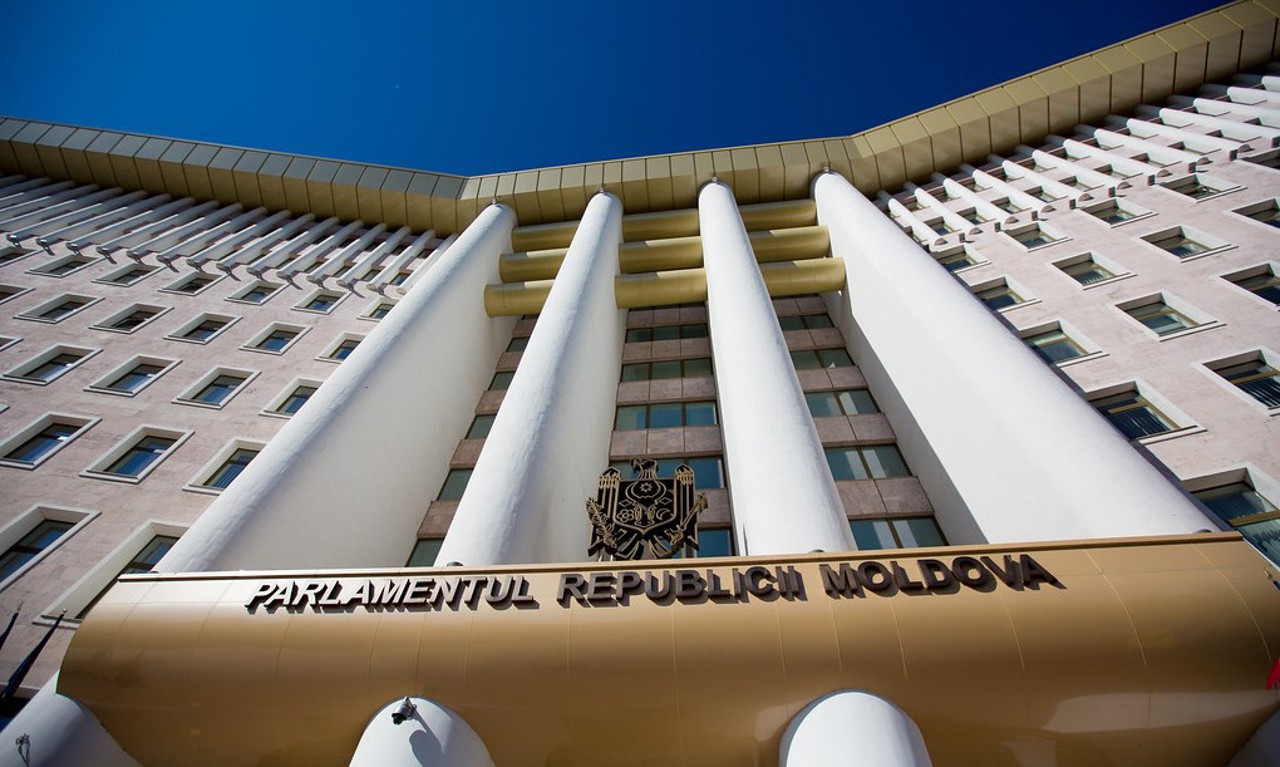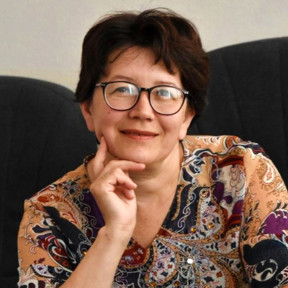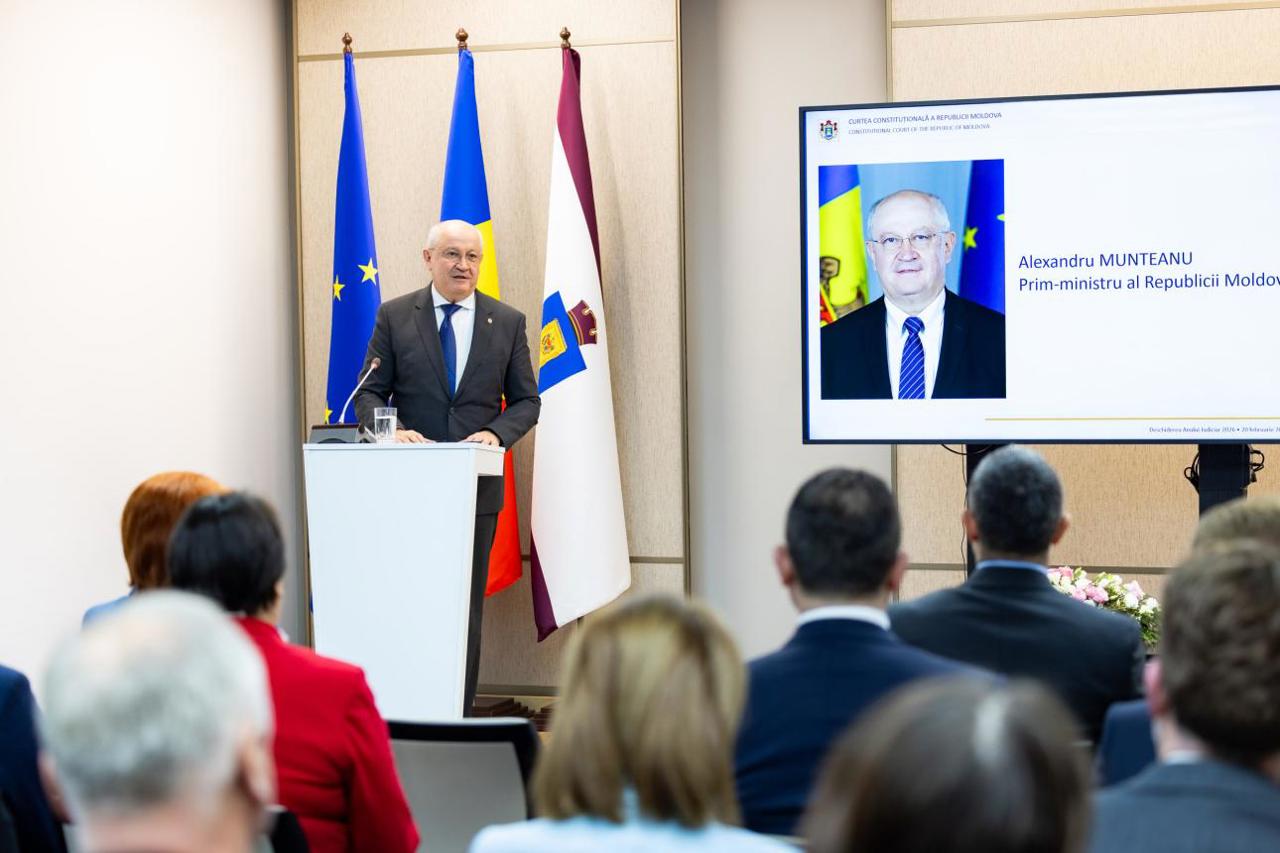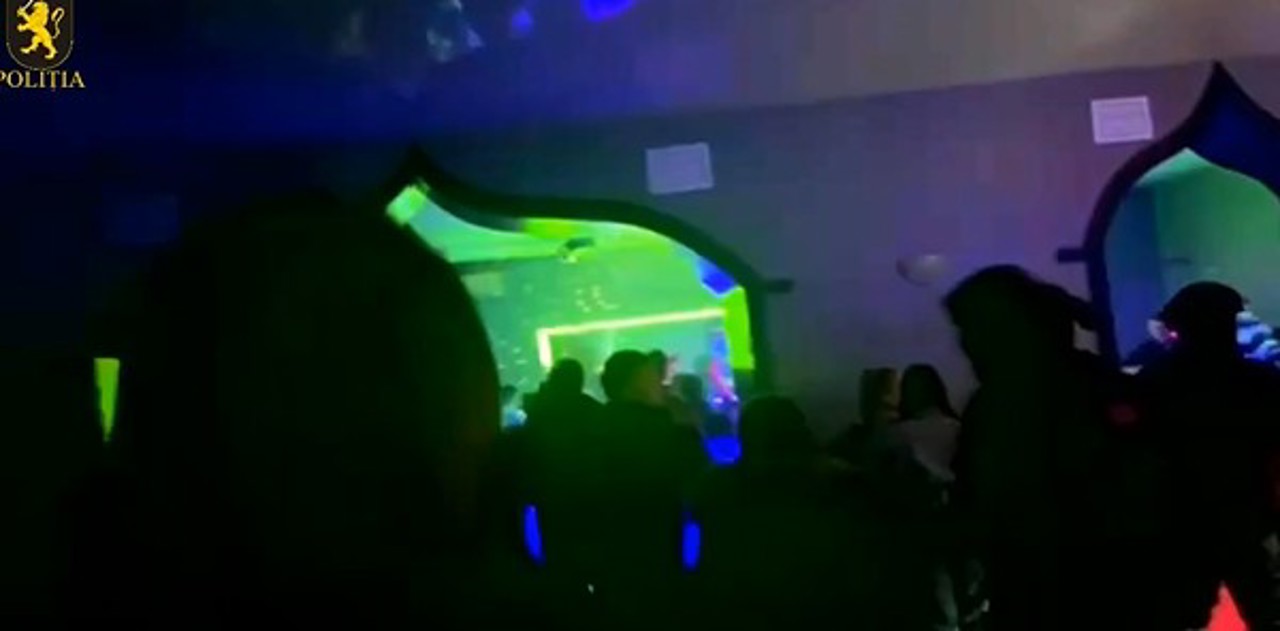2023 Legislative Scorecard: Inside Moldova's political arena
2023 witnessed the Moldovan Parliament grapple with an intricate tapestry of legislative advancements, persistent regional security anxieties, and internal political discord.

Despite the complexities, the legislature charted a significant course in key areas.
Securing the State: A cornerstone achievement was the adoption of a comprehensive national security strategy, addressing threats posed by Russia, systemic corruption, and organised crime. President Maia Sandu commended the strategy's "proactive stance amidst regional volatility," while analysts lauded its focus on bolstering internal resilience.
Justice Reshaped: The parliament undertook substantial justice sector reforms, introducing external evaluations for judges and prosecutors, clarifying the roles of anti-corruption bodies, and establishing a dedicated court for high-profile corruption cases. This latter move was hailed by civil society groups as "a critical step towards dismantling entrenched corruption networks."
Social Safety Net Reinforced: Prioritising social welfare, the legislature enacted the "Spor pentru Moldova" package, featuring salary increases, one-time payments, and development project funding. The 2024 budget further augmented social support, raising teacher salaries by 15%, increasing the minimum wage, and expanding child allowances. However, the opposition raised concerns about potential "unsustainable budgetary deficits" associated with these measures.
International Realignment: A marked shift on the foreign policy front saw Moldova distancing itself from the Commonwealth of Independent States (CIS). Over 20 agreements, deemed "inopportune and lacking tangible benefits," were revoked, including those on healthcare collaboration and disaster relief. This move signifies a strategic recalibration towards closer Western ties.
Internal Friction Persists: Despite these advances, the parliament's operations were often marred by internal friction. The opposition, notably the Communist and Socialist Bloc, boycotted several sessions, including those pertaining to the five extensions of the state of emergency, citing concerns about democratic erosion. These repeated extensions, while understandable in light of the Ukraine conflict, "raise questions about transparency and adequate oversight," as noted by political scientist Andrei Popovici.
Further complicating the political landscape was the fallout from the Constitutional Court's decision outlawing the "Șor" party, leading to independent status for many of its former MPs. This reshuffled the parliamentary composition, adding another layer of complexity to navigating legislation and political alliances.
As Moldova looks ahead, the parliament faces the crucial task of balancing immediate security concerns with domestic reforms. Navigating internal political divides towards stable governance and sustained progress will be critical in guiding the country through this pivotal period.
Translation by Iurie Tataru





